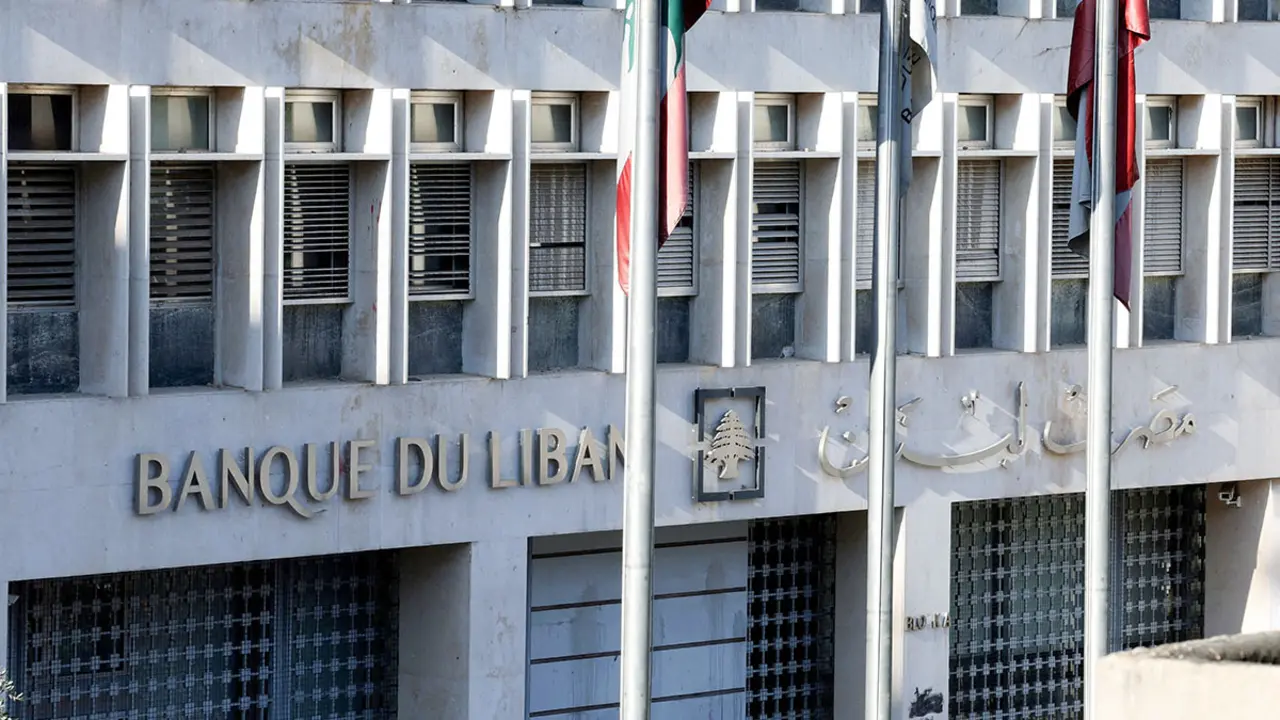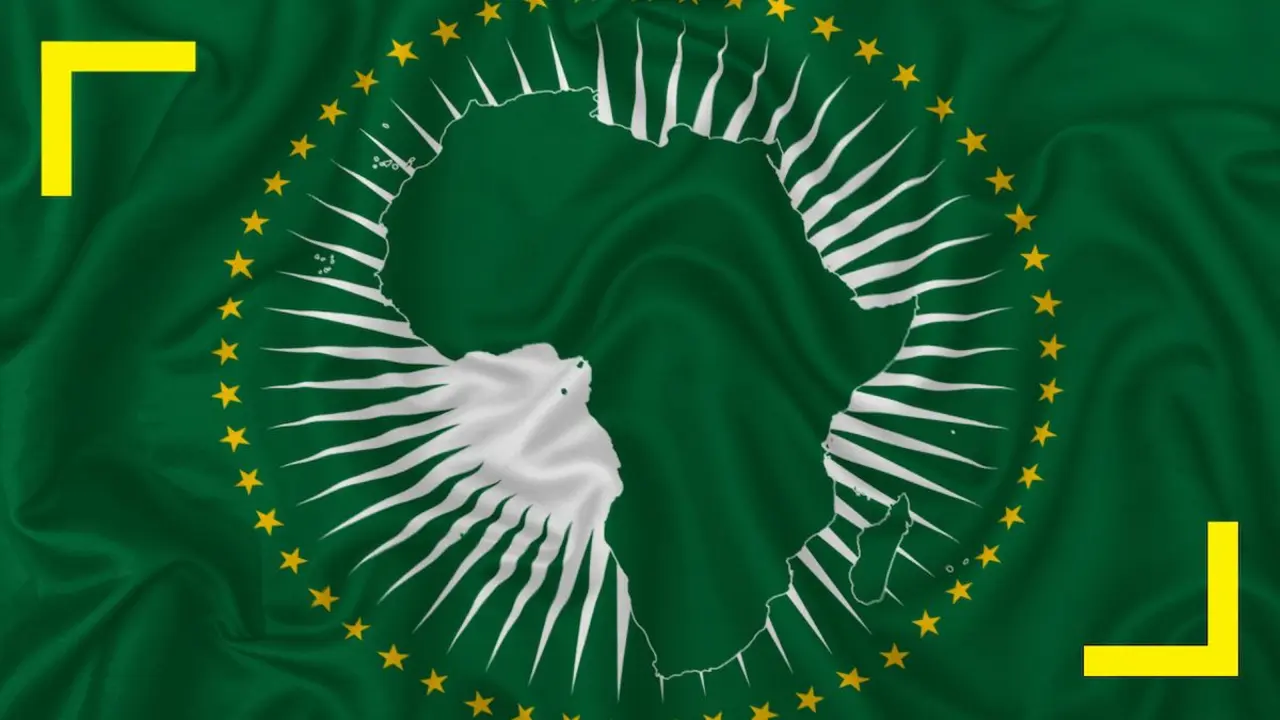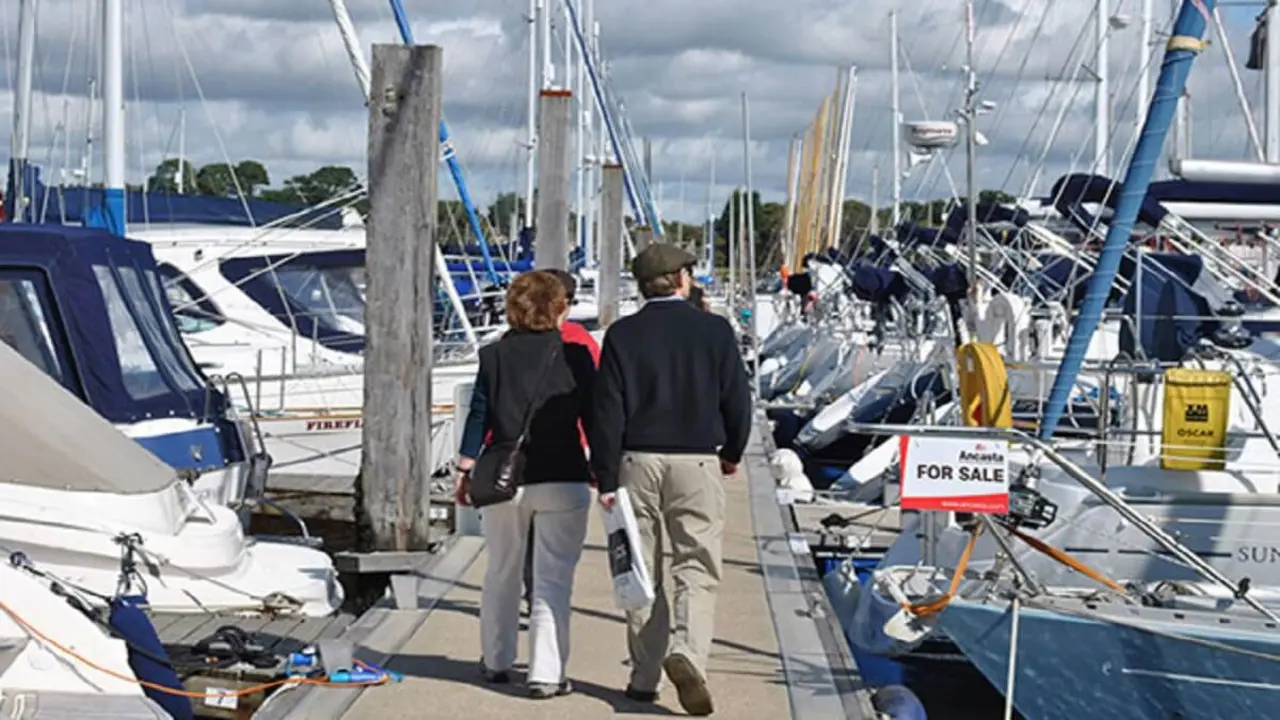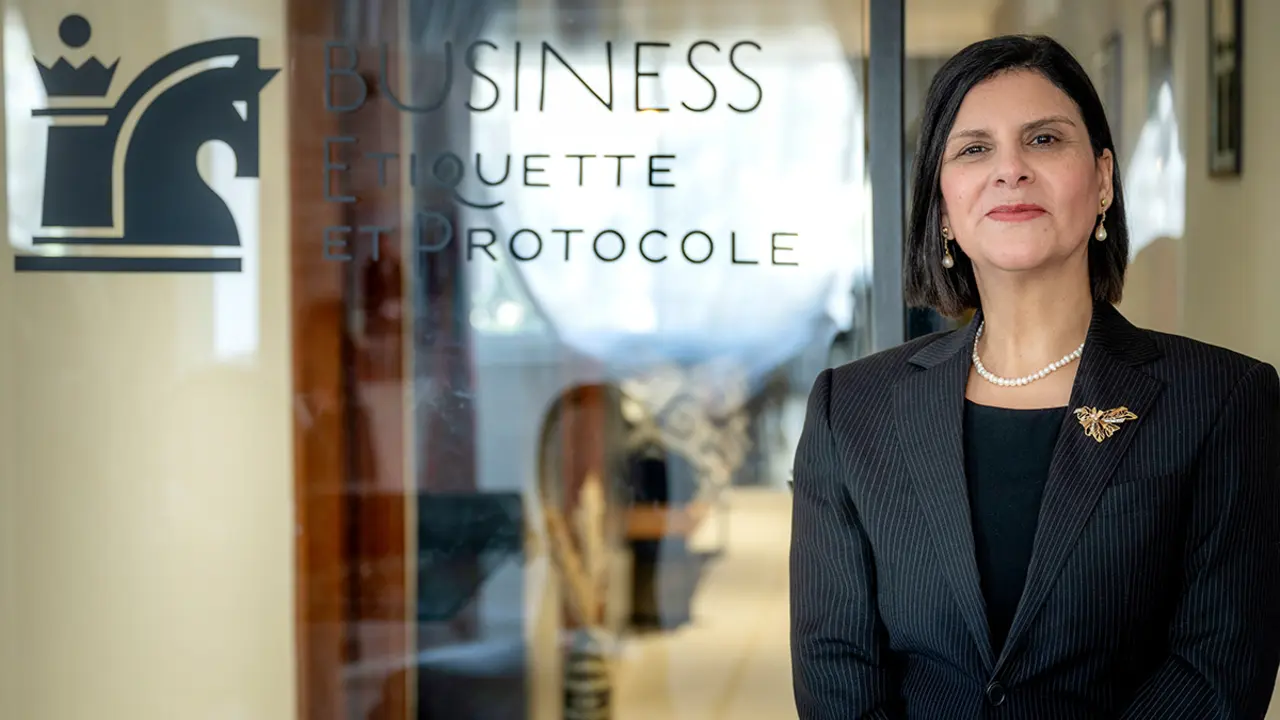The ''Pandora's Papers'' splashes 330 senior officials and politicians in 91 different countries
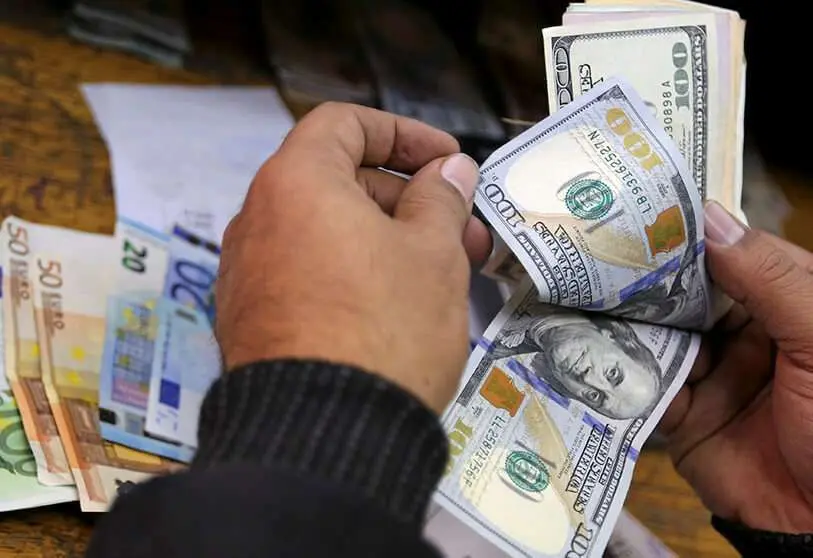
Up to 35 heads of state and former heads of state - 14 of them in Latin America - have been implicated in the publication of the 'Pandora Papers'. 600 journalists from 117 countries have been involved in the leak of almost 12 million files from 14 law firms specialising in offshore transactions. The International Consortium of Investigative Journalists (ICIJ), which has led this investigation, was responsible for the publication of the 'Panama Papers'. Now, this new case involves 15 international leaders and 600 Spanish nationals, including Josep Guardiola, Julio Iglesias and Miguel Bosé.
The investigation, considered one of the largest - if not the largest - journalistic collaboration in history, was carried out by journalists from "The Washington Post" (United States), "The Guardian" (United Kingdom), "Le Monde" (France) and "La Nación" (Argentina) among others. In Spain, El País and La Sexta have been in charge of analysing the documentation in search of individuals and companies that have tried to take advantage of some of the opaquest legal systems on the planet. More than 750 "offshore" companies linked to individuals and addresses in Spanish territory, as well as more than 50 cases linked to still unresolved legal cases.

The names that have come to light in recent hours do not subscribe to any one territory. Personalities from all over the world are being splashed by the publication of these 'Pandora's Papers'. Brazil's Minister of Economy, Paulo Guedes, former British Prime Minister Tony Blair, former Managing Director of the International Monetary Fund (IMF), Dominique Strauss-Kahn, Jordan's King Abdullah II, Chilean President Sebastián Piñera, and even certain people in Russian President Vladimir Putin's closest circle.
Offshore companies are not the fundamental problem as they are legal. In fact, not only are they legal, but, according to Francisco Bonatti, a criminal lawyer and money laundering consultant, "they are often necessary for large capital flows". He adds that "this part of the offshore economy is not only legal, but in today's economy, which is delocalised and globalised, it is necessary". The real problem with this type of company is when it is not declared to the tax authorities of the country in which it is resident.

In many cases, the aim of this type of company is to create them in highly opaque jurisdictions with the aim of obtaining very low tax burdens and, above all, with great confidentiality. Normally, when this type of action is taken, the companies do not have any type of activity in that territory, neither employees nor offices, as the intention is to exempt the owner of the entity from tax liabilities. However, as mentioned above, offshore companies are not necessarily illegal. In fact, according to a 2017 study by Annette Alstadaeter (Norwegian University of Life Sciences), Niels Johannesen (CEBI, University of Copenhagen) and Gabriel Zucman (UC Berkeley and NBER), 10% of the world's entire gross domestic product is held in offshore companies.

The European Union also points to these types of entities which, according to data from the European Commission, cause the loss of 46 billion euros in tax losses. The OECD, for its part, estimates that almost 10 trillion euros are stored in offshore companies. Christoph Trautvetter, a tax expert, explained why European and international organisations criticise these actions, despite the legality under which they can be established: "The laws that allow them have not been passed democratically, but created under the influence of an industry of lawyers and service providers who benefit from the secrecy of countries where they operate and where it is legal".
Private jets, yachts, mansions or even works signed by Picasso or Banksy are among the assets hidden in the tax havens listed in the 'Pandora's Papers'. The differential factor that makes this whole web of financial movements possible is the law firms. They represent the fundamental pillar that allows the flow of money outside the conventional circuits to function. Between the banks and the law firms, which act as intermediaries, it would be practically impossible to take money to places like the Virgin Islands or the Bahamas.


